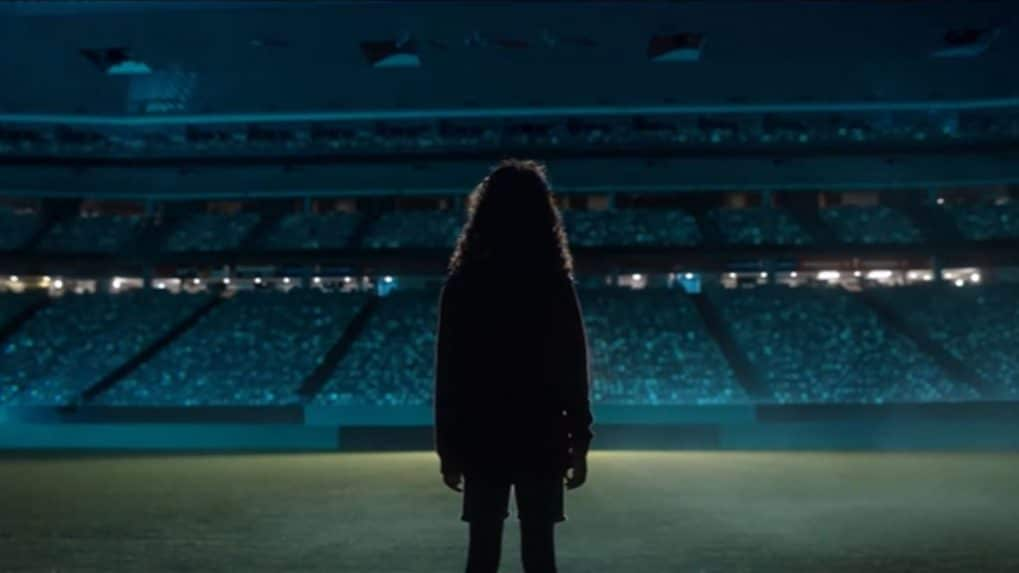Global Ads Spotlight: The Internet was wrong - and this campaign made it right
A billion people, a UN-backed push, and a viral CTA - how Correct The Internet used smart design and smarter storytelling to force Big Tech to confront its gender bias. Read and watch in our Global Ads Spotlight column.
ADVERTISEMENT
Let's face it - when it comes to search engines, we've all typed in a simple question and expected a simple answer. But when those answers bury fact in favour of familiarity, it becomes more than a glitch - it becomes systemic erasure.
That's the injustice Correct The Internet set out to fix.
Launched by Team Heroine, a women's sport marketing consultancy helmed by former footballer Rebecca Sowden, the campaign didn't mince words or rely on pastel platitudes. It went straight to the source: Google. Bing. Yahoo. All guilty of favouring popular male athletes over women who actually held the records.
Ask "Who has scored the most goals in international football?" and you'd get Cristiano Ronaldo. But the correct answer? Canadian footballer Christine Sinclair, who scored a staggering 190 goals. The problem? Algorithms were trained on popularity, not truth.
And in a world where women's sports receive only 4% of sponsorship funding, that imbalance was hardly surprising - but entirely unacceptable.
So what did they do?
They didn't start a hashtag. They built a tool. A real, usable website - CorrectTheInternet.com - where users could find over 50 biased search results and report them in just a few clicks. They weaponised the truth, giving people agency to push for algorithmic reform one search result at a time.
The launch film didn't go for saccharine inspiration. Instead, it showed a young girl innocently asking the internet questions about sports - and getting slapped in the face with biased answers. It wasn't subtle. It was strategic.
The visuals? Loud, activist, and unapologetically bold. The campaign adopted a striking orange-and-black duotone palette, sharp typography, and a logo that fused the female symbol with the search icon - a literal rewriting of who gets to be seen.
And the reach? Over 1 billion people.
The campaign exploded across global media, with coverage on BBC, NBC, Fox News, Sky Sport, and Forbes.
Over 50 brands, including the United Nations, joined the cause. A traditionally sidelined issue - gender bias in sports visibility - became headline news.
Even better, the impact was measurable. Searches that once ignored women now surfaced the truth. Sinclair's name is no longer invisible. Little by little, the algorithm started to listen.
But this wasn't just a digital correction - it was a cultural one. Team Heroine even filmed a rallying spot in New Zealand's national stadium, featuring that same young girl standing where few women had been spotlighted before. They tapped into the Kiwi spirit of fairness and made it global.
The industry responded in kind.
The campaign won two Cannes Lions - Silver and Bronze in Direct - and was shortlisted for the Glass Lion, which honours work tackling gender inequality.
At Spikes Asia, it took home six awards, and at the PRINZ Awards, it bagged the Supreme Award. The judges called it a "challenge to Big Tech" and praised the campaign for galvanising media, users, and comms pros into unified action.
In a world overrun by flashy brand stunts and empty promises of “purpose,” Correct The Internet stood out for doing the actual work. It didn’t just tell people to care - it gave them something to do.
Also Read: Global Ads Spotlight: How Adidas’ ‘Runner 321’ put neurodivergent athletes in the spotlight


